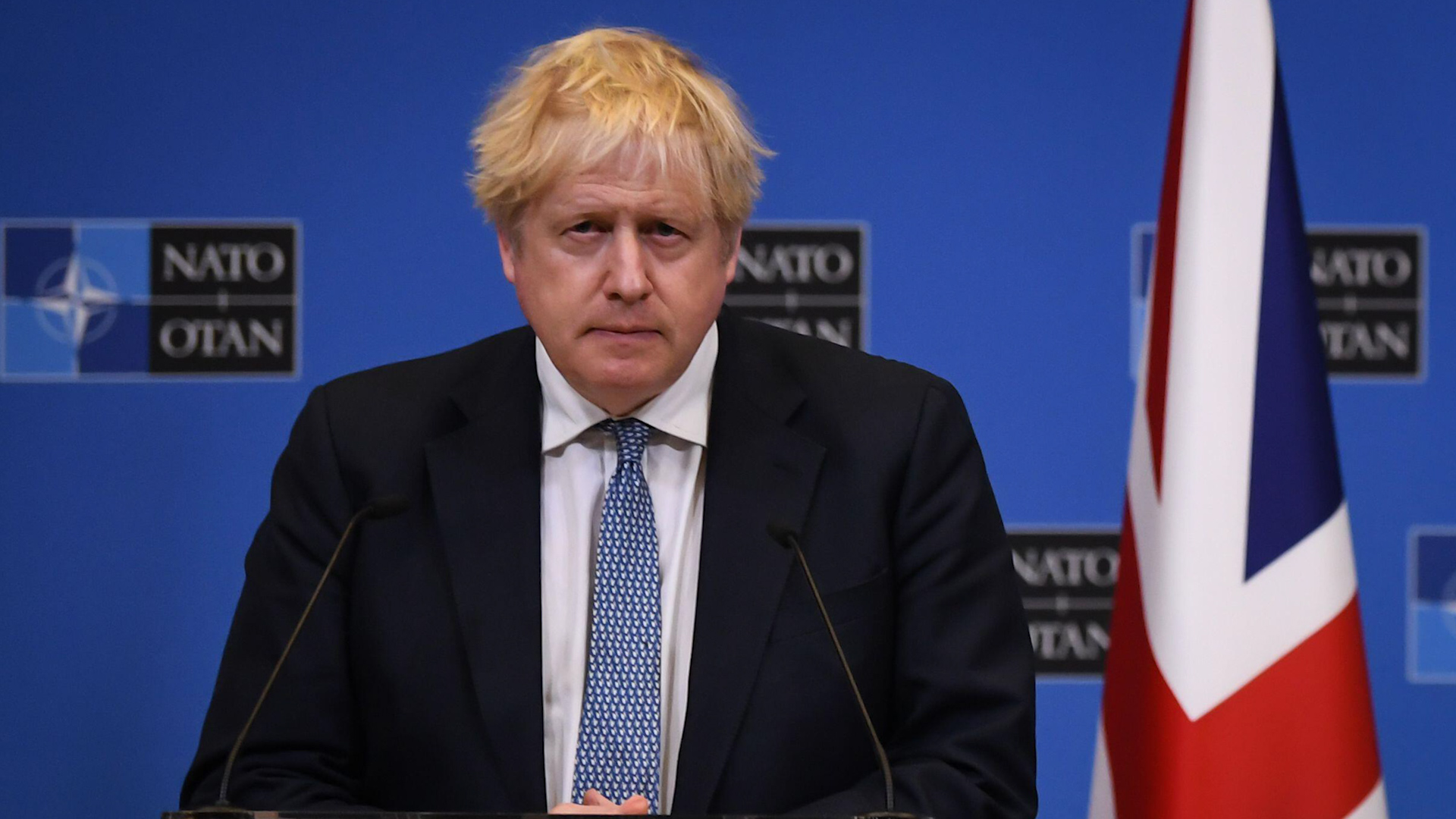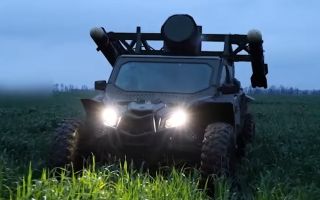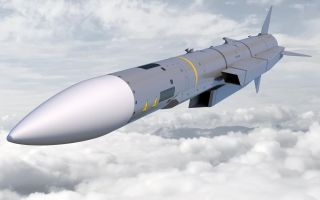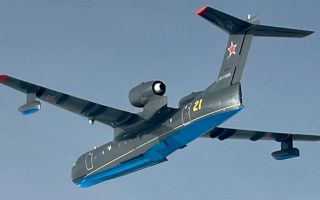
Europe likely facing most dangerous moment over Ukraine crisis, Johnson warns

Europe could be facing its "most dangerous moment" in its "biggest security crisis" for decades as Russia's military build-up along the border with Ukraine continues, Boris Johnson has warned.
The Prime Minister made the comments at a joint press conference alongside NATO Secretary General Jens Stoltenberg at the alliance's headquarters in Brussels.
Russia has amassed an estimated 130,000 troops near the border with Ukraine but denies planning to invade.
Mr Johnson said the UK's intelligence on the situation "remains grim".
"We're seeing the massing of huge numbers of tactical battalion groups on the border with Ukraine," he told reporters on Thursday morning.
"This is probably the most dangerous moment in the course of the next few days in what is the biggest security crisis Europe has faced for decades."
He also said while he does not think Russia has yet made a decision whether to invade that "doesn't mean that it's impossible that something absolutely disastrous could happen very soon indeed".
His words come after Downing Street announced the UK had put 1,000 more troops on standby in case of a humanitarian crisis in Eastern Europe prompted by a Russian invasion of Ukraine.
Watch: When would Russia be most likely to invade Ukraine?
During the press conference, Mr Johnson did not rule out going further in giving Ukraine military support in the event of an invasion by Russia.
The UK has already been providing Ukraine with defensive light anti-armour weapons, plus training from British troops.
"We will consider what more we can conceivably offer," the Prime Minister said.
"The Ukrainians are well prepared, there are things we've offered that they in fact don't seem to need because they think they have them in enough numbers already."
"It's possible, I don't want to rule this out, but at the moment we think the package is the right one."
He reiterated "it would be an absolute disaster" if there was to be "serious bloodshed on Ukrainian soil".
The Prime Minister's visit to Brussels came ahead of him flying to Poland to offer support to eastern European allies.
Meanwhile, Foreign Secretary Liz Truss met with her Russian counterpart in Moscow.
She told Sergei Lavrov war in Ukraine would be "disastrous" and that the "future peace and stability" of Europe was at stake.
Mr Stoltenberg said he has sent a letter to Mr Lavrov inviting him to meetings to find a "diplomatic way forward" but warned: "NATO will not compromise on core principles – the right of each nation to choose its own path and NATO's ability to protect and defend all allies."









